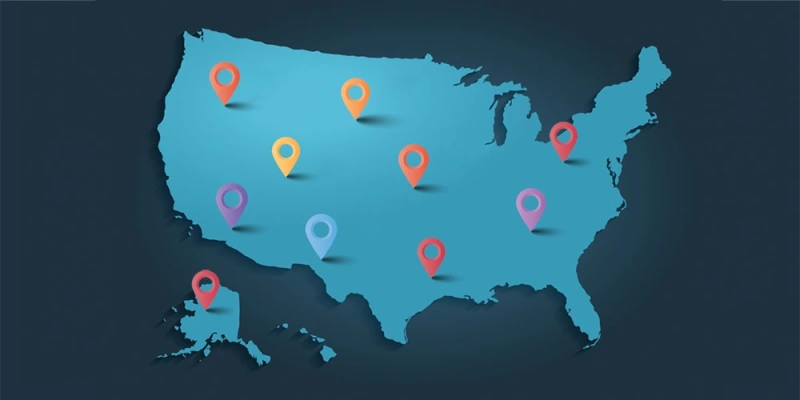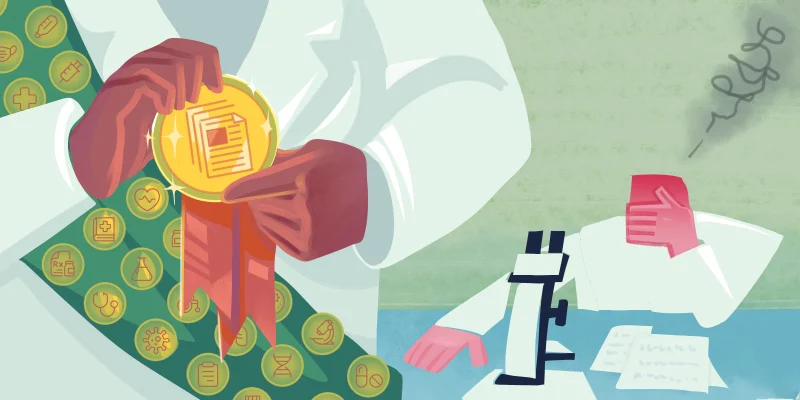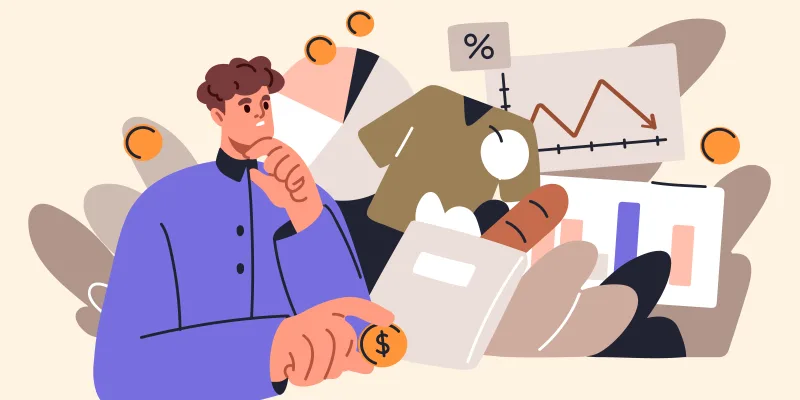Recently, a colleague of mine, an experienced psychiatric NP, shared her frustration after a disturbing call with a pharmacist in Indiana. She had written a Suboxone prescription for a young woman struggling with opioid use disorder (OUD). The pharmacist refused to fill it, citing "red flags" and asked whether she had checked the prescription monitoring program database. She had checked it, and in reality, the only note was that the patient had received prescriptions from three other clinicians 2-3 months earlier – there were no recently prescribed controlled substances. Unfortunately, the pharmacist made it clear, there was no way they were ever filling a controlled substance for her of any kind.
For context, the prescription monitoring program is a registry that gives pharmacists and prescribers access to a patient's recent controlled substance prescription history. It is a requirement to check this prior to prescribing any controlled medications. Suboxone (buprenorphine/naloxone) is a lifesaving medication that treats patients with OUD, whether they're using heroin, fentanyl, or pain medications like oxycodone and hydrocodone, prescribed or illicit. This patient had not received any controlled prescriptions in two months, was still suffering from her addiction, and was looking forward to restarting treatment.
This isn't an isolated case, it reflects a broader systemic issue, and it's costing lives.
I have personally seen this happen across the country. Pharmacists, sometimes unintentionally, become another barrier for patients ready to begin treatment. These decisions often stem from fear, stigma, or overly restrictive internal policies, rather than individualized clinical judgment. This behavior has increased in recent years after the multibillion-dollar settlements that CVS and Walgreens agreed to pay for their roles in the opioid crisis.
As virtual clinicians, we face additional barriers. We're often assumed to be part of the problem rather than the solution, even when our programs are built on integrity, accountability, and patient safety. A few bad actors have spoiled the system for those of us providing reputable evidence-based treatment. This has led to increased skepticism and prescription denials, even from pharmacists who want to help. But pharmacists are uniquely positioned to be allies in the fight against OUD. They are often the last health care professional a patient sees before starting a life-saving medication. Their decision can be the bridge to recovery, or the point where hope is lost.
As a clinical leader in addiction treatment, I've seen firsthand the lifesaving potential of medications for OUD (MOUD). Make no mistake, Suboxone is one of the most effective, evidence-based medications to treat OUD that we have, and it is being treated like a threat instead of what it is: a lifesaving intervention.
Let me be clear: people with addiction already face more challenges than they should. When they do the right thing, when they ask for help, attend appointments, and accept treatment, they should not be punished with yet another barrier. I have spoken to too many patients crying outside of pharmacies and have argued with enough pharmacy staff to know this is far too common.
Denying MOUD isn't neutral. It's not "erring on the side of caution." It's harmful. It's dangerous. It puts patients at risk for relapse, overdose, or death. And yet, these denials are happening quietly, behind pharmacy counters, without oversight or accountability.
I know many pharmacists want to help but are navigating pressures from corporate policies, regulatory uncertainty, and the fallout from large-scale opioid litigation. This often results in legitimate prescriptions being denied, while patients and prescribers are met with suspicion or disdain. These are real challenges. But together, we can make decisions that are guided by evidence, compassion, and patient safety.
Here's my call to action – directly to pharmacists:
See yourself as a treatment partner, not just a gatekeeper. If you have concerns about a prescription, call the prescriber with the goal of finding a safe path forward for the patient.
Rely on evidence, not stigma. Stay current with the latest evidence on MOUD. Buprenorphine saves lives; denying it without clear clinical justification puts patients at greater risk of relapse, overdose or death.
Advocate within your organizations. Push for internal policies that support appropriate MOUD access rather than blanket denials.
Educate yourself and your teams. To reduce stigma and increase awareness of the vital role they play in recovery.
... and a call to action for lawmakers and the DEA:
Reclassify buprenorphine: Remove it from Schedule III to align regulations with evidence-based care and to reduce unnecessary restrictions that lead to fear and prescription denials.
Pharmacists are critical to recovery. They are often the deciding factor between a patient walking out with a chance at life or walking away defeated. The opioid crisis will not be solved by turning away those who are trying to recover. Buprenorphine is not the problem, it is the solution. It's time that our policies, systems, and pharmacy practices get caught up to the evidence. Lives are hanging in the balance.
Carrie Grassi is a health care executive, nurse practitioner, and DNP candidate at Vanderbilt University with over two decades of experience transforming care for individuals with substance use disorders. She currently serves as vice president of medical services at Aware Recovery Care, where she leads innovative programs in virtual detox, MAT access, and integrated behavioral health.
Image by William Whitehurst / Getty







